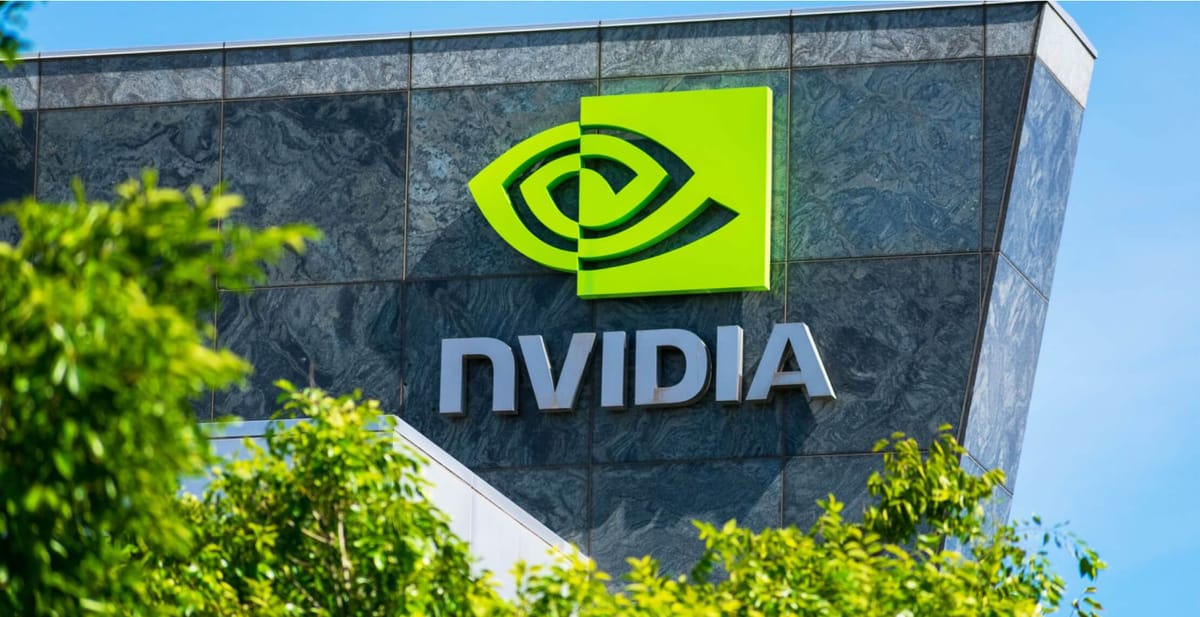
Update: NVIDIA says that it has not received a subpoena from the U.S. Justice Department, despite reports suggesting otherwise. The company stated that it proactively inquired with the Department of Justice, which confirmed no subpoena was issued.
According to a report by Bloomberg, the U.S. Department of Justice has escalated its antitrust investigation into NVIDIA, issuing subpoenas to the AI chip giant and other tech companies. This signals a deepening of the probe into whether NVIDIA's business practices are stifling competition in the AI chip market.
The investigation centers on allegations that NVIDIA is creating vendor lock-in and unfairly servicing customers who don’t exclusively use its technology. These legally binding requests for information bring the DOJ a step closer to potentially filing a formal complaint.
And to be clear, while the DOJ is taking a hard look at NVIDIA’s business practices, there is no clear evidence yet that the company has crossed the line into anti-competitive behavior. Vendor lock-in—where companies incentivize customers to stay within their ecosystem—can be a sound business strategy. However, regulators are trying to determine whether NVIDIA’s approach is aggressive enough to harm competition.
News of the investigation triggered a massive sell-off of the company's stock, with NVIDIA's market value plummeting by $279 billion in a single day, from $2.92 trillion to $2.65 trillion. This marks the largest one-day market cap decline on record for any U.S. company, underscoring the gravity of the situation.
The DOJ reportedly sent $NVDA a subpoena over possible antitrust violations.@alexiskweed discusses: pic.twitter.com/8d2fpdtkrG
— Yahoo Finance (@YahooFinance) September 4, 2024
The DOJ’s probe will look into whether NVIDIA’s market dominance stems purely from superior product performance or if the company has engaged in anti-competitive practices. Allegations suggest NVIDIA might favor customers who rely exclusively on its technology, offering them preferential pricing or supply, effectively locking out competitors.
The investigation also scrutinizes NVIDIA's recent acquisition of RunAI, a software company for managing AI computing. Regulators are examining whether this deal could make it harder for customers to switch away from NVIDIA's chips.
In response to the probe, NVIDIA maintains that its market position is due to the superior performance and value of its products. "NVIDIA wins on merit, as reflected in our benchmark results and value to customers, who can choose whatever solution is best for them," the company said in a statement.

